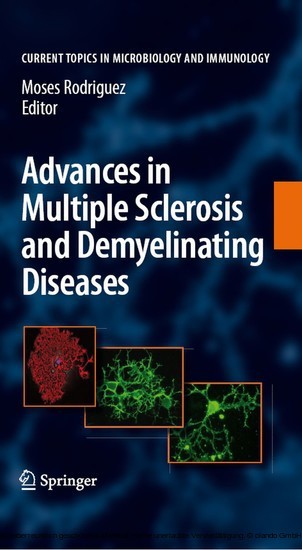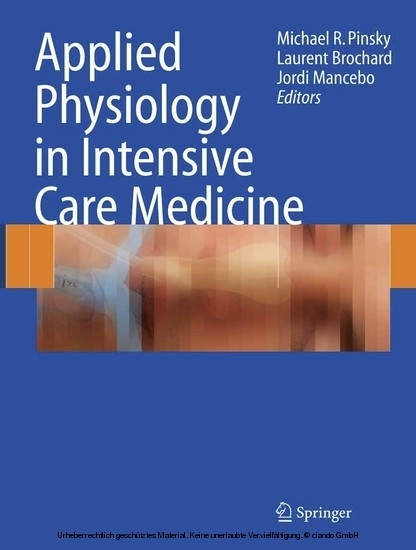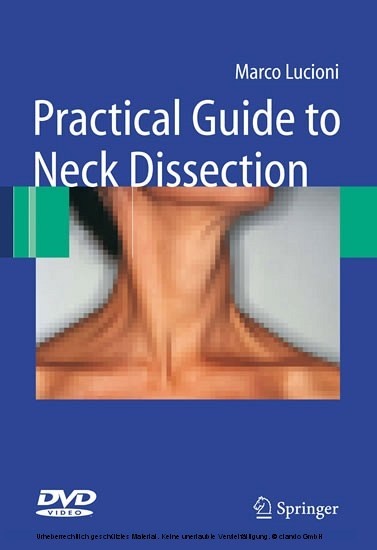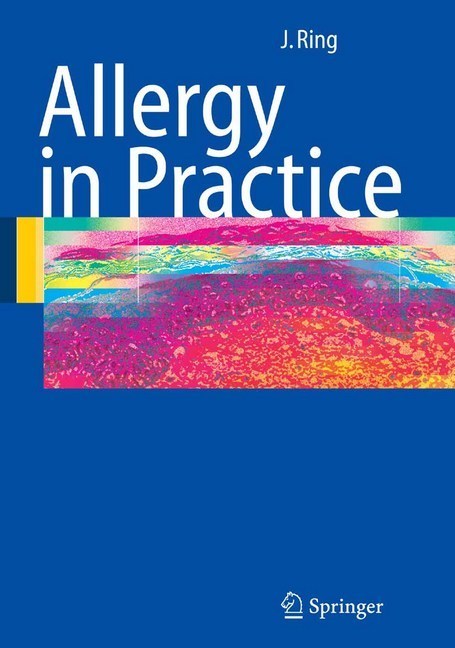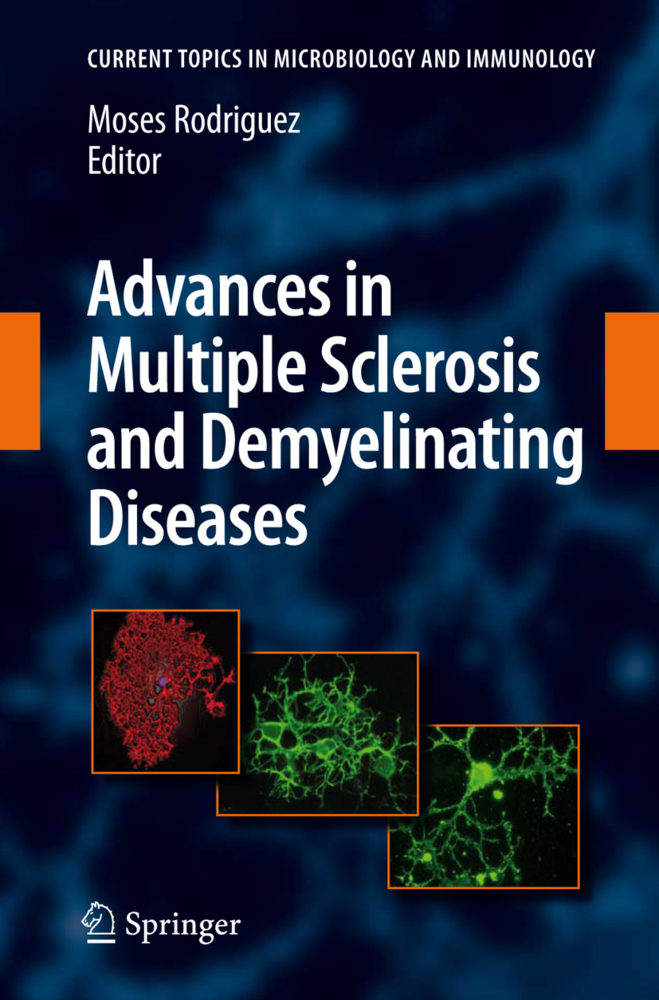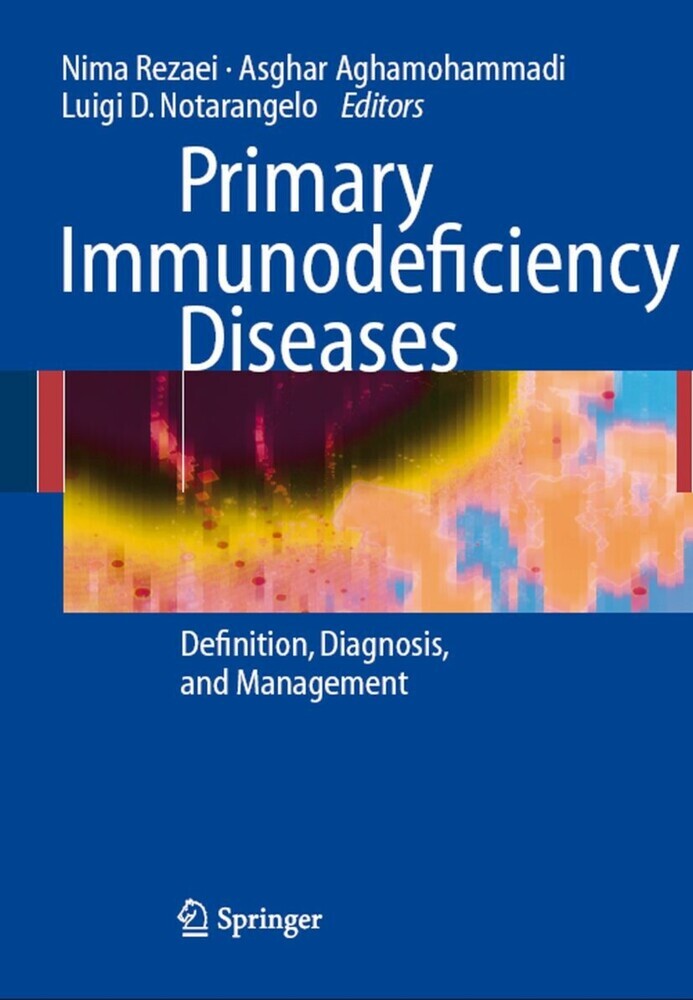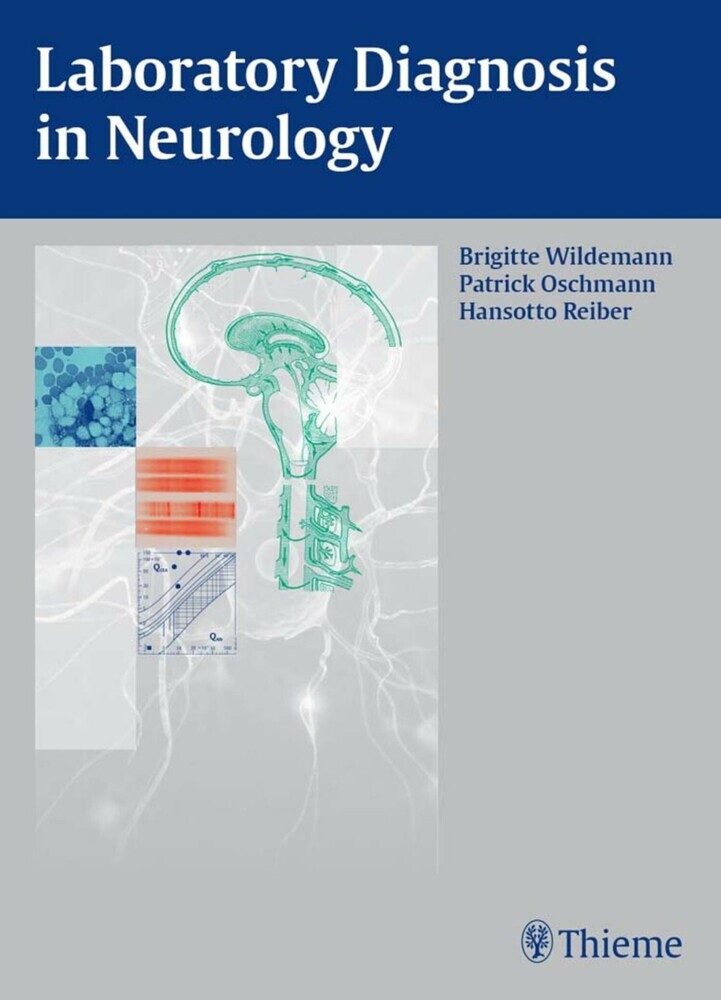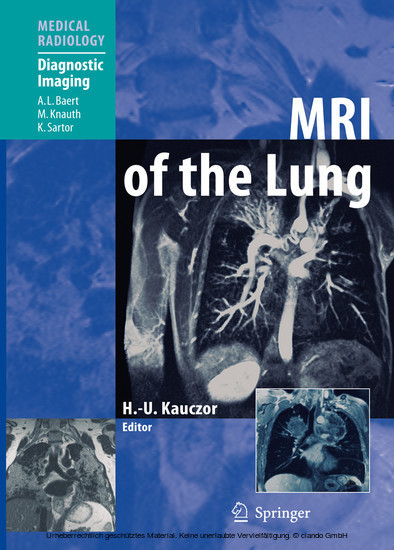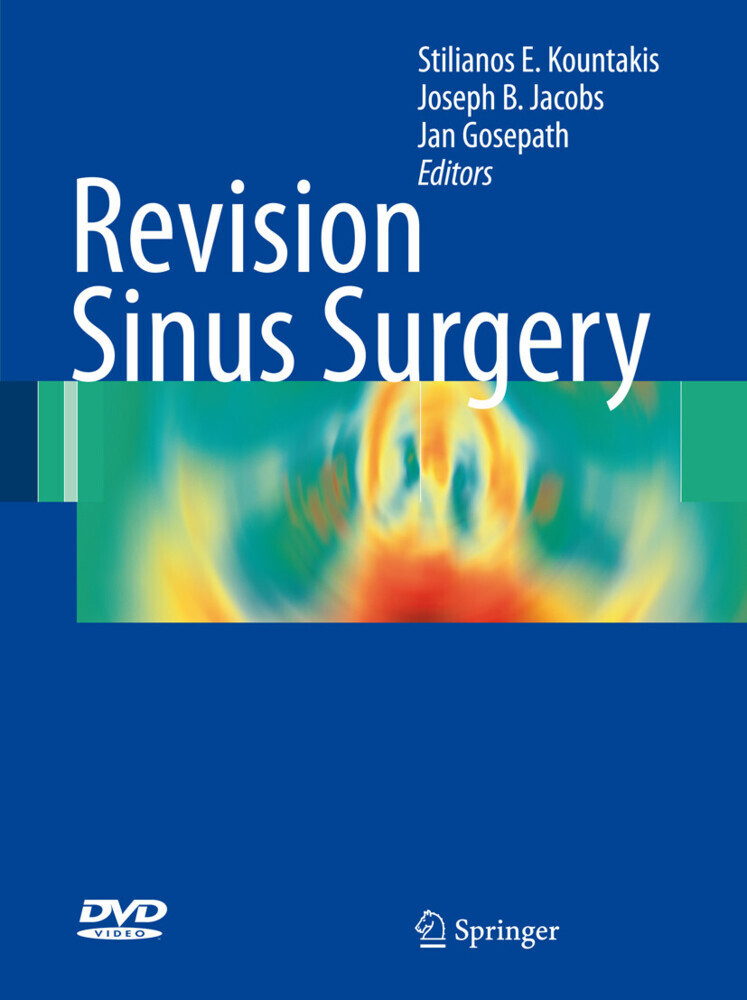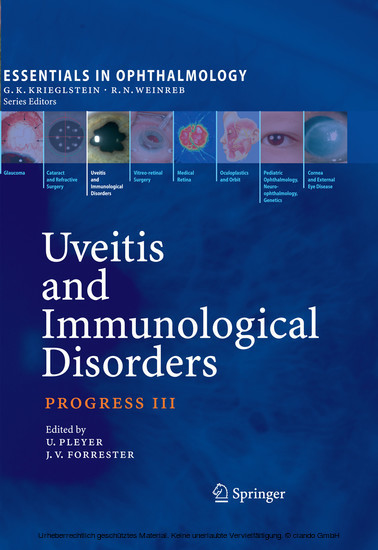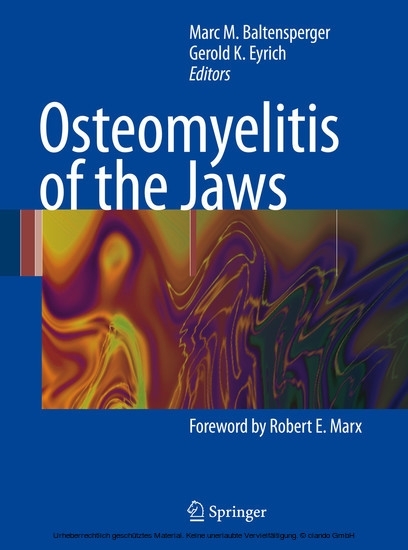Advances in Multiple Sclerosis and Experimental Demyelinating Diseases
Advances in Multiple Sclerosis and Experimental Demyelinating Diseases
The past decade has witnessed significant advances in the understanding of the pathophysiology of MS and in the development of novel disease-modifying agents (DMA). The use of DMA in the treatment of patients with MS has drastically increased not only in the United States but throughout the rest of the world. Currently, in the United States, most patients given a diagnosis of relapsing-remitting MS are commenced on a DMA. Controversy still exists regarding how early DMA should be commenced and whether all patients with relapsing-remitting MS should in fact be treated. To answer these questions, it is also important to know the natural history of the disease.
1;Preface;5 2;Contents;11 3;Contributors;13 4;Benign Multiple Sclerosis: A Distinct Clinical Entity with Therapeutic Implications;15 4.1;1 Introduction;16 4.2;2 Natural History of Multiple Sclerosis: Disability Progression;16 4.3;3 Benign MS: A Fallacy or a Distinct Clinical Entity?;17 4.4;4 Does Benign MS Stay Benign with Increasing Disease Duration?;18 4.5;5 Other Clinical Predictors of MS Outcome;20 4.6;6 Neuroimaging Studies in Benign MS;21 4.7;7 The Currently FDA-Approved Disease-Modifying Agents: Efficacy, Mode of Action, and Side Effects;23 4.8;8 Should All MS Patients Be Treated with Disease- Modifying Therapies? ;27 4.9;References;28 5;Pathological Heterogeneity of Idiopathic Central Nervous System Inflammatory Demyelinating Disorders;32 5.1;1 Introduction;33 5.2;2 Heterogeneity of Multiple Sclerosis White Matter Lesions;34 5.3;3 Remyelination in MS;44 5.4;4 The Clinicopathologic Spectrum of CNS Idiopathic Inflammatory Demyelinating Disorders;45 5.5;Conclusions;51 5.6;References;51 6;Multiple Sclerosis Genetics;57 6.1;1 Introduction;58 6.2;2 Major Histocompatibility Complex and Multiple Sclerosis;59 6.3;3 Genetic Analyses;61 6.4;4 Microarray Studies;69 6.5;5 Future Directions;73 6.6;References;75 7;Imaging of Remyelination and Neuronal Health;85 7.1;Abbreviations;86 7.2;1 Introduction ;86 7.3;2 Conventional MRI of Remyelination;88 7.4;3 Magnetization Transfer Imaging of Remyelination ;92 7.5;4 Diffusion Imaging of Remyelination ;95 7.6;5 Spectroscopy of Remyelination ;98 7.7;6 Other Imaging Modalities ;100 7.8;Conclusions;102 7.9;References;102 8;Immunological Aspects of Axon Injury in Multiple Sclerosis;105 8.1;1 Introduction;106 8.2;2 Changes in Axon Function During Demyelination ;106 8.3;3 Axonal Degeneration During Demyelination;115 8.4;4 Immune-Mediated Mechanisms of Axon Injury During Demyelination ;119 8.5;5 Stress and the Naked Axon - A Hypothesis;130 8.6;References;130 9;The Multiple Sclerosis Degradome: Enzymatic Cascades in Development and Progression of Central Nervous System Inflammatory Disease;144 9.1;1 Introduction;145 9.2;2 Multiple Classes of Protease Implicated in MS;146 9.3;3 Functional Roles of Proteases in MS;158 9.4;4 Novel Hypothesis Regarding Role of Proteases in MS;167 9.5;5 Proteases as Targets for Rationale Drug Design;168 9.6;Conclusion;170 9.7;References;170 10;Genetic Analysis of CNS Remyelination;187 10.1;1 Introduction;188 10.2;2 Mouse Models of Demyelinating Disease;189 10.3;3 Cellular Events in Remyelination;190 10.4;4 Genetic Analysis in the Mouse;190 10.5;5 Reverse Genetic Analysis of CNS Remyelination;192 10.6;6 Forward Genetic Analysis of CNS Remyelination;197 10.7;References;200 11;Remyelination in Experimental Models of Toxin- Induced Demyelination;203 11.1;1 Introduction;204 11.2;2 Demyelinating Toxins ;206 11.3;3 What is the Place of Toxin Models in the Study of CNS Demyelination and Remyelination?;215 11.4;References;218 12;Remyelination-Promoting Human IgMs: Developing a Therapeutic Reagent for Demyelinating Disease;223 12.1;1 Multiple Sclerosis is a Disease of Myelin;224 12.2;2 Remyelination as a Normal Reparative Response;224 12.3;3 Strategies to Augment Remyelination;226 12.4;4 Antibodies Directed Against CNS Antigens Can be Pathogenic or Reparative;229 12.5;5 Human Antibodies that Promote Remyelination;231 12.6;6 Role of Anti-CNS Antibodies in Endogenous Repair;233 12.7;7 A Recombinant Human IgM Promotes Remyelination in vivo at Doses Comparable to Growth Factors;233 12.8;8 The IgM Character of Remyelination Promoting Antibodies is Vital for Function;236 12.9;9 Mechanisms of Antibody-Mediated CNS Repair;237 12.10;10 Therapeutic Goal: Alter the Balance of Inflammation to Favor Regeneration;239 12.11;References;240 13;Neuroimaging of Demyelination and Remyelination Models;250 13.1;1 Introduction ;251 13.2;2 Conventional MRI Studies ;253 13.3;3 Advanced MRI Methods for Visualizing Demyelinating Diseases ;260 13.4;4 T1 and T2 Relaxometry;264 13.5;5 Magnetic Resonance Spectr
Rodriguez, Moses
| ISBN | 9783540736776 |
|---|---|
| Artikelnummer | 9783540736776 |
| Medientyp | E-Book - PDF |
| Auflage | 2. Aufl. |
| Copyrightjahr | 2007 |
| Verlag | Springer-Verlag |
| Umfang | 362 Seiten |
| Sprache | Englisch |
| Kopierschutz | Digitales Wasserzeichen |

